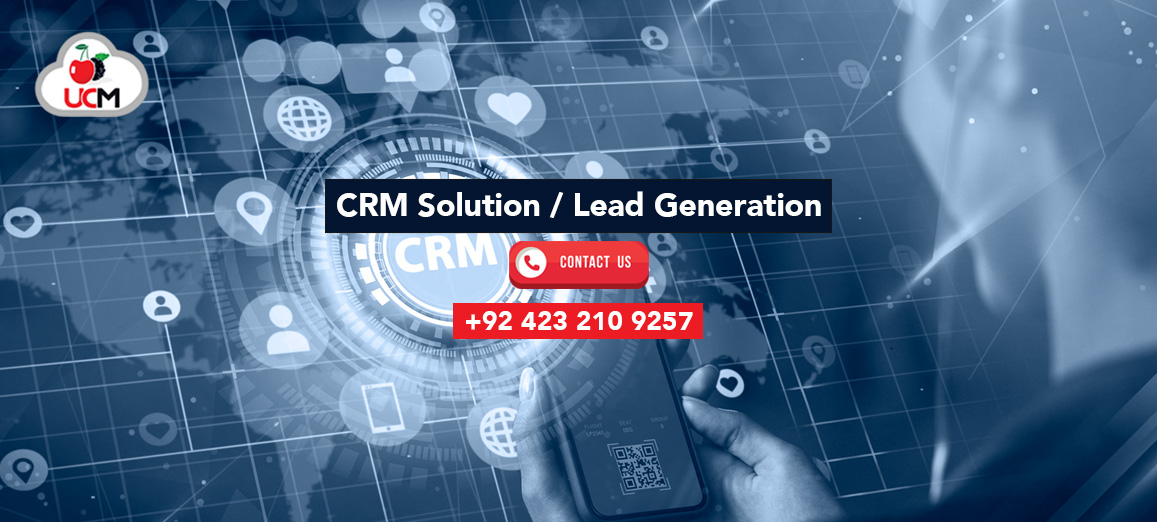Customer relationship management (CRM) software has evolved significantly alongside advancements in technology and the internet. Web based CRM systems have become incredibly popular among businesses of all sizes due to the many benefits they offer over traditional CRM software. Further, we will explore the evolution of Web Based CRM and its growing importance.
Transition to Cloud Based Systems:
In the early days of CRM, software had to be purchased upfront and installed directly onto company servers and individual computers. This was expensive, required a lot of maintenance, and limited access to designated machines. As high speed internet became widely available, companies began shifting CRM to web based systems that could be accessed from any internet connected device. The rise of cloud computing and Software as a Service (SaaS) enabled CRM providers to host data and software on remote servers. This allowed businesses to pay reasonable monthly fees to access CRM tools without needing to invest heavily in on-premise IT infrastructure. CherrryBerry UCM, located in Lahore, Pakistan, has helped a lot of companies to shift towards web based CRM instead of traditional CRM system.
Improved Accessibility and Collaboration:
Legacy CRM systems relied on local networks and physical hardware within an office. Web based system unlock opportunities for remote working, real time data access in the field, and collaboration across widespread teams. Salespeople can now update customer details from smartphones out on appointments. Support agents can access information from home offices. Executives can view analytics dashboards while travelling abroad. The flexibility of web based CRM supercharges businesses through instant information sharing and coordination regardless of physical location. With an internet connection, the entire workflow can be managed on-the-go.
Integration with Other SaaS Tools:
The growth of web based CRM has paralleled innovative cloud software for marketing automation, accounting, human resources, and more. Modern web CRM platforms offer integration with these other SaaS tools for smoother cross-functional workflows. Rather than juggle disjointed products, smart integrations connect essential systems. Marketing and sales can share campaign data to better align strategies. Invoices from accounting integrate seamlessly into customer histories. Web portals give each department a custom view for their needs while maintaining connections on the back end. Support also improves as web based providers rapidly release optimisations and new features.
Data Analysis Capabilities:
While previous CRMs could store basic contact details and communications, modern web offerings unlock sophisticated analytics. Tracking interactions across digital channels like email, social media ads, and websites provides precise measurements of marketing performance. Sales teams gain insight into employee pipelines and forecasting. Churn risk models leverage machine learning to highlight customers needing retention efforts. External market data feeds into plans for targeting high value prospects. The connectivity of web systems means CRM isn’t just about storing data but actively leveraging it through actionable metrics.
Ongoing Innovation via the Cloud:
Legacy CRM followed traditional software release cycles for version updates – sometimes years apart. Companies using web based CRM enjoy constant improvement via cloud hosting. Providers can roll out fresh features, fixes, and enhancements week-to-week without interrupting service. There’s no upgrade downtime. The platform evolves smoothly and end users always access the latest and greatest capabilities immediately. For developers, web CRM enables rapid iteration. They can pioneer new concepts before committing major resources so products remain cutting-edge.
While CRM originally focused heavily on sales force automation (SFA), the current landscape looks vastly different. Web connectivity has unlocked incredibly innovative new functions alongside complete business workflow consolidation. As technology progresses, so will the offerings. Web based CRM provides the agile foundation needed to rapidly capitalise on emerging trends. Machine learning, blockchain, advanced analytics and more will integrate seamlessly thanks to the cloud. Rather than waiting in long release cycles, companies can ride each wave of advancement via web CRM systems.
Conclusion:
From humble SFA roots to complete operational hubs, web based CRM represents a massive evolution driven by internet adoption. Browser access, cloud hosting, smooth integrations with complementary web apps, pervasive analytics, and continuous development cycles have made modern web offerings the gold standard. Virtually every core business process from marketing to service can be enhanced within mature web CRM ecosystems. The stage is set for even greater innovation on the horizon once cutting-edge technologies like artificial intelligence and augmented reality mature further. Web CRM capabilities will grow in parallel to satisfy and predict customer needs better than ever. Businesses that leverage the web early stand to gain significant competitive advantages. Visit CherryBerry UCM for more



